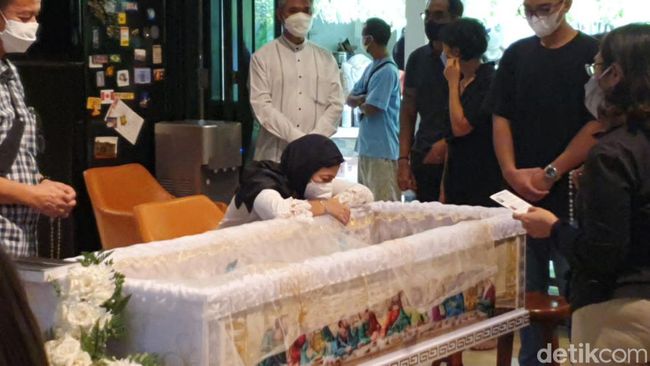The head of diplomacy of the European Union (EU), Josep Borell, called on Tuesday for greater contact between the bloc and Latin America, and defended his decision to send an electoral observation mission to Venezuela last November.
“It is evident that we must devote more time to Latin America,” Borrell said before a committee of the European Parliament, where he was questioned about the trip he made to Peru and Brazil in October last year.
Borrell stressed that his visit to Brazil was the first by a head of European diplomacy to that country in 10 years, and that the tour in general occurred six years after the last meeting of leaders from Europe and Latin America.
This delay in resuming contacts “does not deserve comment,” said the Spanish diplomat, who stressed that the intention of his visit was “to give new impetus to the European Union’s commitment to the Latin American region.
“We have to aspire to a full bi-regional summit,” he said.
Borrell said that during his visit to Brazil he was able to discuss with local authorities the fate of the association agreement announced by the EU and Mercosur in 2019 and which has not yet been ratified.
In those talks, “I stressed the concerns in Europe about logging and environmental degradation,” he said, and the “need for additional guarantees on environmental protection.”
In an aside, the Spanish legislator Jordi Cañas, who chairs the European Parliament group for relations with Mercosur, lamented “a systematic abandonment in recent years by the EU of our political presence in Latin America.”
In his appearance before the Foreign Relations Commission of the European Parliament, Borrell also defended his decision to authorize the sending of an electoral observation mission to Venezuela in November.
That mission accompanied the regional elections that were held in Venezuela, and its preliminary report noted improvements in political conditions in relation to previous elections.
That preliminary report, published in November, “details some structural shortcomings and some progress in relation to previous elections. Yes, there has been progress (…), and the mission has pointed it out in its report.”
For Borrell, the decision to authorize the sending of a mission “was difficult.” But he added that he felt “glad” to have taken it, to the point that he does not rule out sending new missions to that country.
“We’ll see how the following electoral processes are planned in Venezuela. If they are planned in the same way as these, we will have the opportunity to participate in them. Otherwise, no,” he said.
ahg/zm
–


